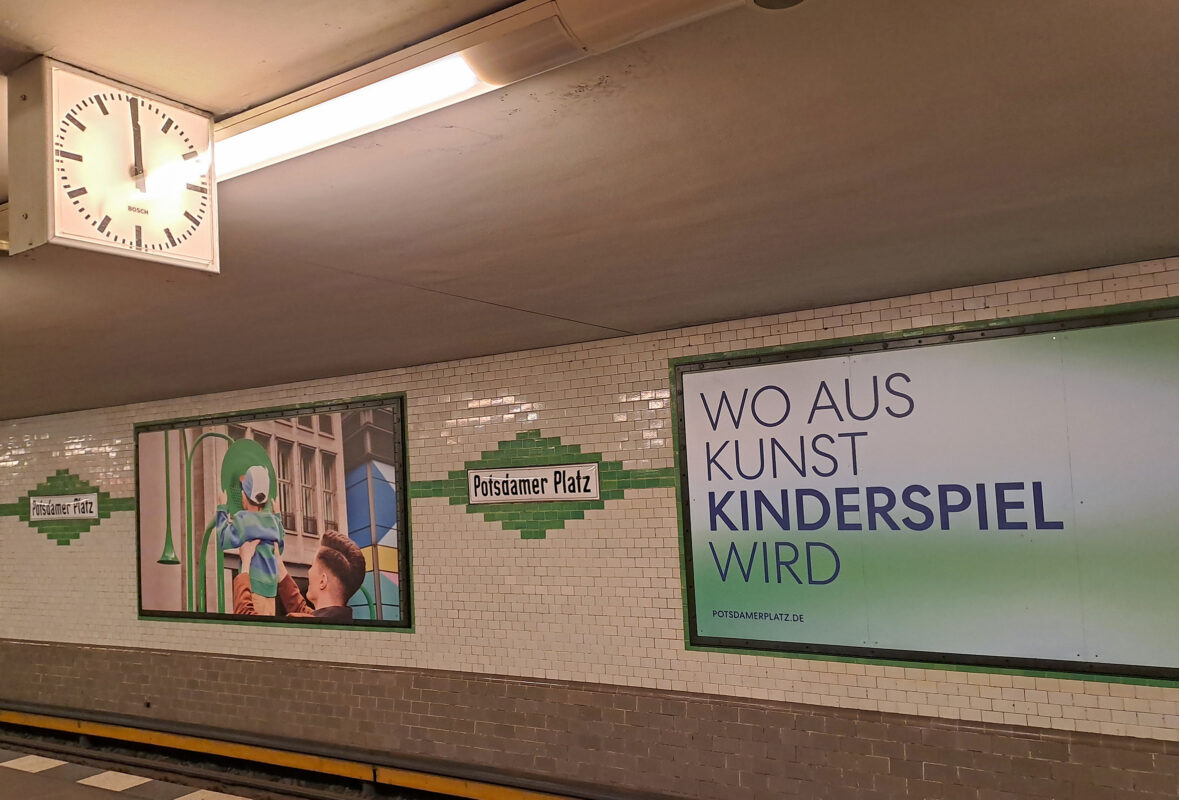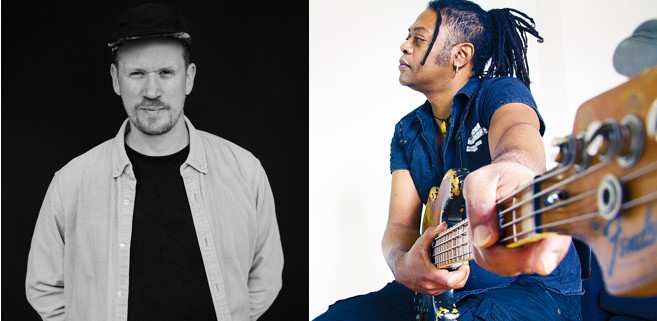Concertante competition in Basel
How to improvise a ritornello in the style of Frescobaldi and a concerto in the style of Vivaldi - this and much more could be discovered during the Improvisation Study Days at the Schola Cantorum Basiliensis.
Historically informed performance practice has arrived in concert life. Almost every festival, almost every concert promoter today integrates early music ensembles into their programs. However, improvisation is still extremely rare. Although it has been practiced as a matter of course for centuries, the free play with stylistic copies seems strange today. This year's Improvisation Study Days at the Schola Cantorum Basiliensis were dedicated to this topic under the ambiguous overall theme of Concerto.
Improvisation - and above all the teaching of improvisation - has long been an important topic at the Schola, said Pedro Memelsdorff, the director since January of this year, in his welcoming address. He even attested to the Schola's global leadership in this area. He also referred to the many points of contact with other sciences that a study of the concept of improvisation offers: Writing and memory, text and subtext, fixed and fixable events, listeners' perception of past times.
Schola lecturer Sven Schwannberger focused on this year's main theme of concerto. As all of today's uses of the term - instrumental concerto, ritualized (live) performance, title of a painting - were not common in the 16th and 17th centuries, he searched the historical context and found a variety of meanings for the word: Etienne Mouliniés (1599-1676) Concert des différents oiseaux described the supernatural and the affective, comforting effect of the singing as a "concerto", Michael Praetorius understood the "con-certare" as a skirmish between two opponents, as a "con-centus", and the term is ultimately found on numerous title pages as joint singing. Works in which several instrumental and vocal parts perform were often referred to as "concerto"; from 1761 onwards, the term was also used to describe an entire orchestra.
A look into the workshop ...
As is so often the case, and this is what makes the Schola Cantorum Basiliensis' academic events so vivid, the etymological explanations were followed by a look into the workshop. Schwannberger showed how such findings can be used in the classroom. He improvised with his students, a singer and two violinists, ad hoc on stage: musically in the style of Frescobaldi, in the form of a Monteverdi concerto - and with a wonderfully fresh sound.
Markus Schwenkreis (on concertante building blocks in Italian partimenti), Rudolf Lutz (on ritornello and episode in Wolfgang Amadeus Mozart's piano concertos) and Dirk Börner, among others, also held such a workshop, in which musical performance and academic lecture are artfully combined. The latter attempted to read Johann Sebastian Bach's arrangements of Vivaldian concerti as instructions for improvisation. His analysis revealed the building blocks of the composition and his playing reassembled them into new music through improvisation - an impressive display of practical musical research.
... to the musical competition …
Finally, Arthur Godel dedicated his lecture, with musical support from Rudolf Lutz, to concertizing in the Latin sense of the word, musical competition. Godel recalled prominent disputes in music history - such as the Buffonist controversy in France, the dispute between Wagner and Brahms - and asked about the place of musical disputes today. In composition today, he said, we have arrived at "anything goes"; musical competition has shifted to the level of performers and the star cult.
... and into the future
However, the final round table with all the speakers identified another area of contention: the competition between improvisation and the established structures of music education. Here, the performer and the work he or she interprets are still in the foreground, improvisation and stylistic copying are seen as secondary. But how can these structures, which represent an anachronism in early music, be broken up? The unanimous opinion is that there is a need for major subject teachers who have themselves experienced in their training how stimulating improvisation lessons are for their own playing. And: improvisation must also be offered in general music schools. Because only those who experience it as a natural way of making music from an early age can venture into this difficult terrain without blinkers.








